Evaluating Pope Francis's Pontificate: The Conclave's Decision
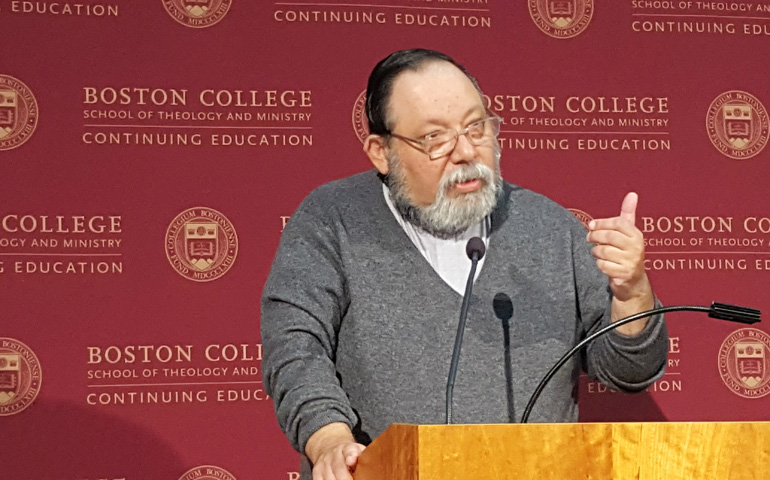
Table of Contents
The Context of the 2013 Conclave
The Pre-Francis Church
The Catholic Church in the years leading up to the 2013 Conclave faced numerous challenges. Declining attendance in many Western countries, coupled with the aging population of practicing Catholics, created concerns about the future of the faith. Internal divisions between conservative and progressive factions had become increasingly pronounced, often leading to public disagreements on theological and social issues. The devastating impact of the global sex abuse crisis, with its revelations of widespread misconduct and institutional cover-ups, had severely eroded public trust and damaged the Church's moral authority. Furthermore, concerns about financial mismanagement within the Vatican itself added to the sense of crisis and uncertainty.
- Conservative vs. progressive factions: Deep-seated disagreements existed on issues like the role of women in the Church, the acceptance of LGBTQ+ individuals, and the interpretation of Church teachings on family and sexuality.
- The impact of the sex abuse crisis: The crisis led to numerous investigations, legal battles, and calls for greater accountability within the Church hierarchy. It significantly damaged the Church's reputation and created a climate of distrust.
- Financial mismanagement concerns: Allegations of financial irregularities and a lack of transparency within the Vatican's financial administration fueled public criticism and calls for reform.
Expectations and Surprises
The 2013 Conclave was anticipated to elect a Pope who could address these multifaceted crises. Several "papabile" candidates, primarily from Europe, were considered frontrunners. Their profiles generally reflected a more traditional approach to Church governance. Therefore, the election of Cardinal Jorge Mario Bergoglio, a Jesuit from Argentina, came as a significant surprise. The choice of a relatively unknown Latin American cardinal, the first from the Americas, signaled a potential shift in the Church's center of gravity and a departure from the expected trajectory.
- The profile of the "papabile" candidates: Most predicted candidates were known for their conservative stances and experience in Church administration.
- The significance of electing a Jesuit Pope from Latin America: This unprecedented choice suggested a willingness to embrace a different style of leadership, one that prioritized pastoral care and engagement with the marginalized.
Key Themes of Pope Francis's Pontificate
Emphasis on Mercy and Compassion
A defining characteristic of Pope Francis's papacy has been his unwavering emphasis on mercy, compassion, and inclusivity. His pronouncements and actions consistently reflect a pastoral approach that prioritizes the forgiveness of sins and the embrace of those on the margins of society. The Jubilee Year of Mercy (2015-2016) served as a powerful symbol of this emphasis, offering a special opportunity for reconciliation and spiritual renewal. His outreach to marginalized groups, including refugees, the poor, and the sick, has been a hallmark of his pontificate.
- Examples of papal pronouncements and actions: The Jubilee of Mercy, his frequent visits to impoverished communities, and his emphasis on dialogue and encounter with those who hold differing views.
Reform of the Curia
Pope Francis has undertaken significant efforts to reform the Vatican's bureaucracy, the Curia, aiming to improve its transparency, accountability, and efficiency. He has sought to address issues of cronyism, financial mismanagement, and a lack of coordination between various Vatican departments. However, this process has faced significant resistance and has been slow to produce tangible results. The ongoing challenges highlight the deeply entrenched structures and power dynamics within the Vatican.
- Specific reforms implemented: The creation of new financial oversight bodies, efforts to streamline bureaucratic procedures, and appointments of individuals known for their integrity.
- Challenges faced in the reform process: Resistance from within the Curia, complexity of the Vatican's administrative structure, and the difficulty of changing deeply ingrained cultural norms.
Engagement with Global Issues
Pope Francis has actively engaged with pressing global issues, demonstrating a strong commitment to social justice and environmental stewardship. His encyclical Laudato Si' (2015) on the environment has become a landmark document in the Catholic Church's approach to climate change, calling for a radical shift in human behavior and economic models. Fratelli Tutti (2020), focuses on fraternity and social friendship, addressing issues of migration, poverty, and inequality. His speeches and actions consistently reflect a deep concern for the welfare of the planet and its inhabitants.
- Key encyclicals: Laudato Si' and Fratelli Tutti, which have significantly shaped the Church's engagement with global challenges.
- Significant speeches and actions: His addresses to international organizations, his visits to refugee camps, and his advocacy for global cooperation on issues of climate change and social justice.
Criticisms and Controversies
Conservative Backlash
Pope Francis's progressive stances on several issues have drawn significant criticism from conservative factions within the Church. His emphasis on mercy and inclusivity, coupled with his calls for greater dialogue and reform, have been viewed by some as a betrayal of traditional Catholic teachings. Specific points of contention include his views on family and sexuality, his approach to liturgical reforms, and his apparent willingness to engage in dialogue with those holding views considered heterodox.
- Specific issues of contention: Debates surrounding communion for divorced and remarried Catholics, discussions on LGBTQ+ issues, and reforms to the celebration of Mass.
Handling of the Sex Abuse Crisis
Pope Francis's handling of the ongoing sex abuse crisis has been subject to intense scrutiny and criticism. While he has taken steps to address the issue, including the establishment of new procedures and the prosecution of some perpetrators, many critics argue that his actions have been too slow, insufficient, and that he hasn't held senior clergy sufficiently accountable. The perception of a lack of decisive action has fueled further distrust and calls for greater transparency and accountability.
- Actions taken: Establishment of new procedures for handling allegations of abuse, the creation of tribunals to prosecute offenders, and the removal of some clergy from their positions.
- Criticisms of his handling of the crisis: Concerns about the speed and thoroughness of investigations, perceived leniency toward accused clergy, and the lack of a systematic approach to addressing the systemic issues that allowed abuse to flourish.
Conclusion
Evaluating Pope Francis's pontificate requires a nuanced understanding of the complex context in which he assumed leadership. His papacy has been marked by both significant achievements, such as his emphasis on mercy and compassion and his engagement with global issues, and considerable challenges, including the resistance to reform within the Curia and criticism regarding his handling of the sex abuse crisis. The Conclave's decision to elect him has undeniably shaped the contemporary Catholic Church, pushing it towards a more inclusive and outward-looking approach while also stirring significant internal debate. His legacy will continue to be debated and analyzed for years to come.
Call to Action: Evaluating Pope Francis's pontificate requires continued critical analysis and discussion. Engage with the ongoing conversation surrounding his leadership and its impact on the future of the Catholic Church. Share your thoughts on the legacy of Pope Francis's pontificate and the enduring implications of the Conclave's decision. Further research into specific aspects of Pope Francis's papacy is encouraged to gain a deeper understanding of this pivotal period in Church history.

Featured Posts
-
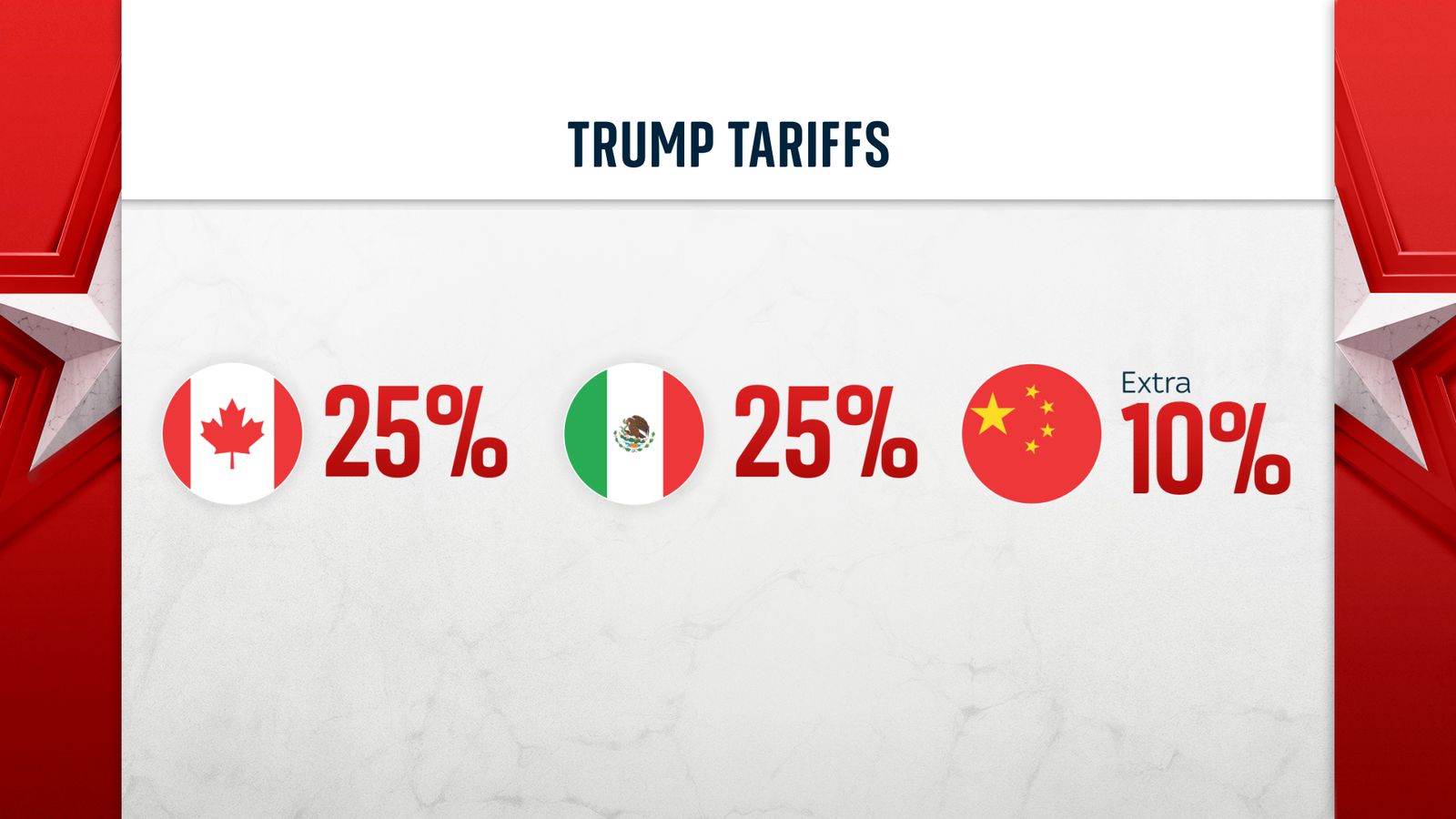 Tik Toks Just Contact Us Loophole Exploring The Evasion Of Trumps Tariffs
Apr 22, 2025
Tik Toks Just Contact Us Loophole Exploring The Evasion Of Trumps Tariffs
Apr 22, 2025 -
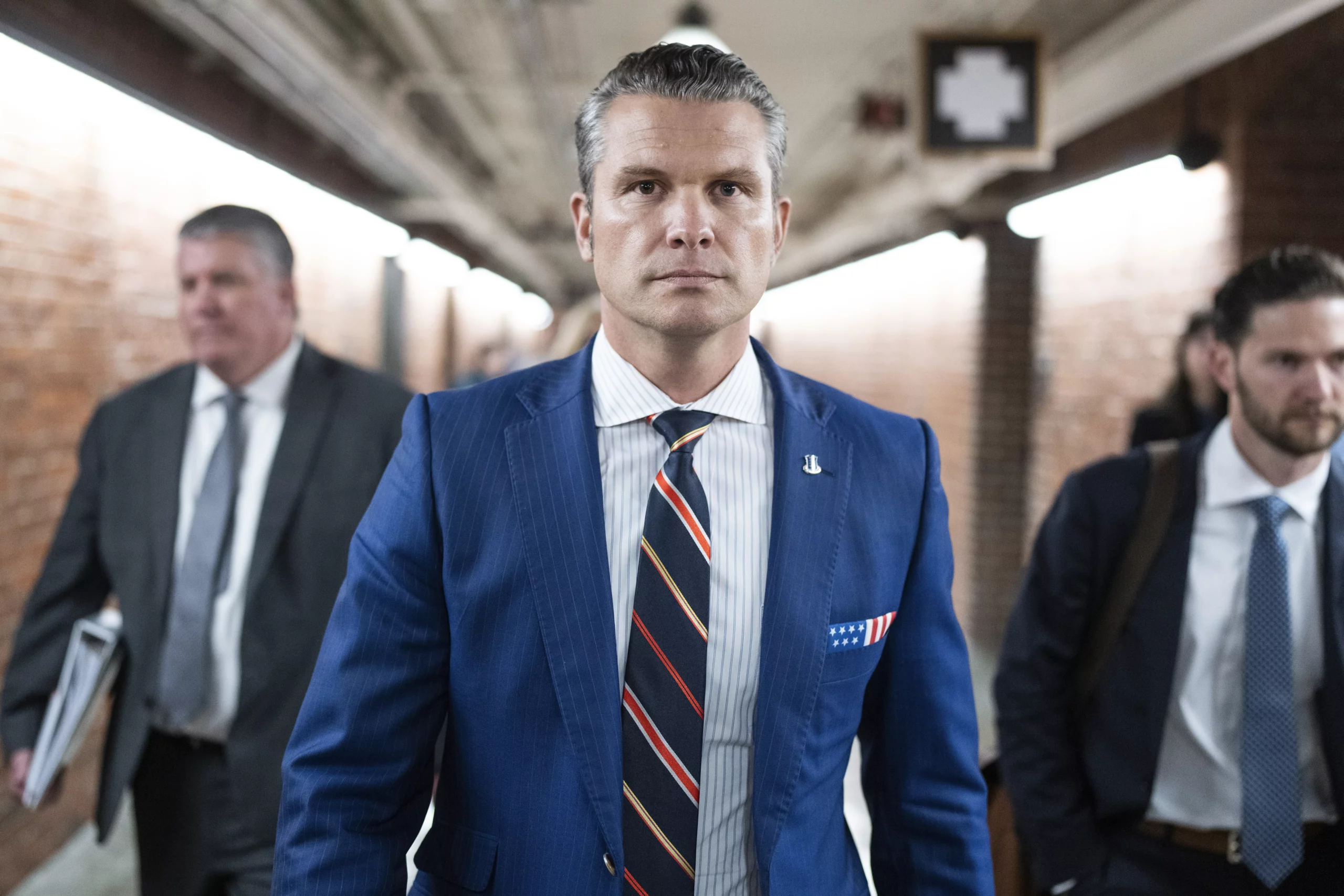 Hegseth Under Fire Pentagon Chaos Claims And Signal Chat Controversy
Apr 22, 2025
Hegseth Under Fire Pentagon Chaos Claims And Signal Chat Controversy
Apr 22, 2025 -
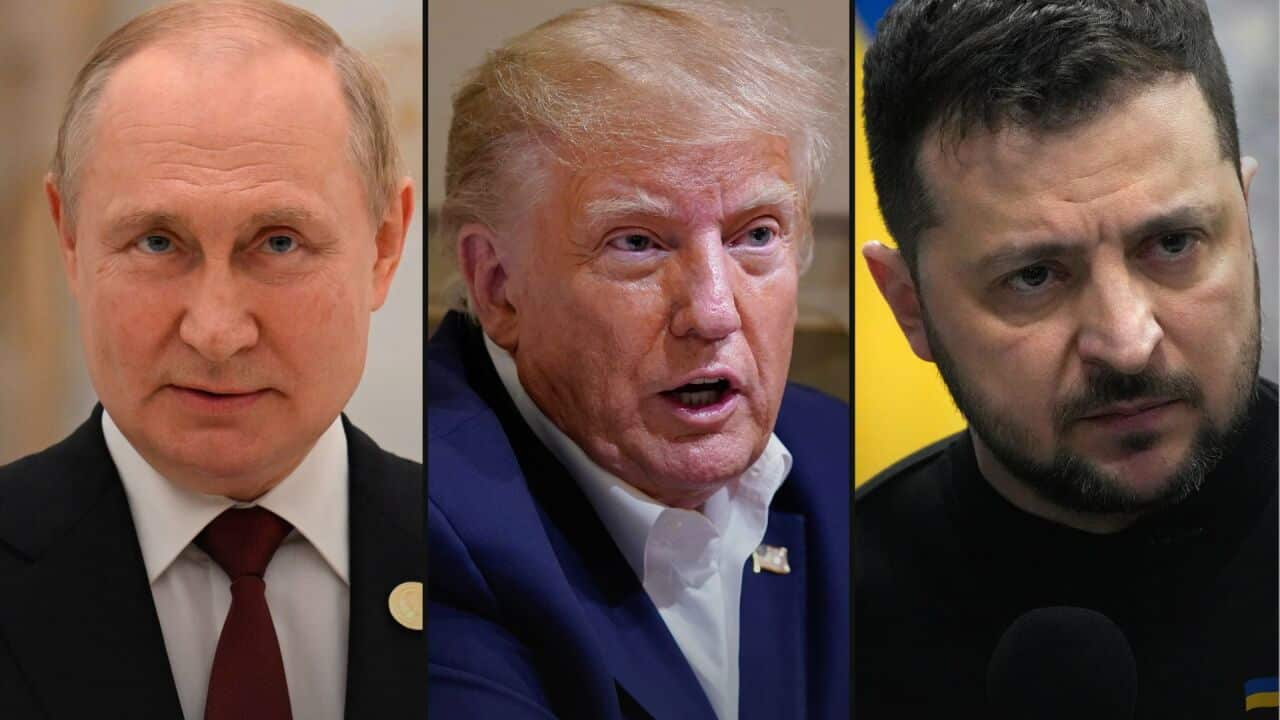 Kyivs Dilemma Responding To Trumps Plan To End The Ukraine War
Apr 22, 2025
Kyivs Dilemma Responding To Trumps Plan To End The Ukraine War
Apr 22, 2025 -
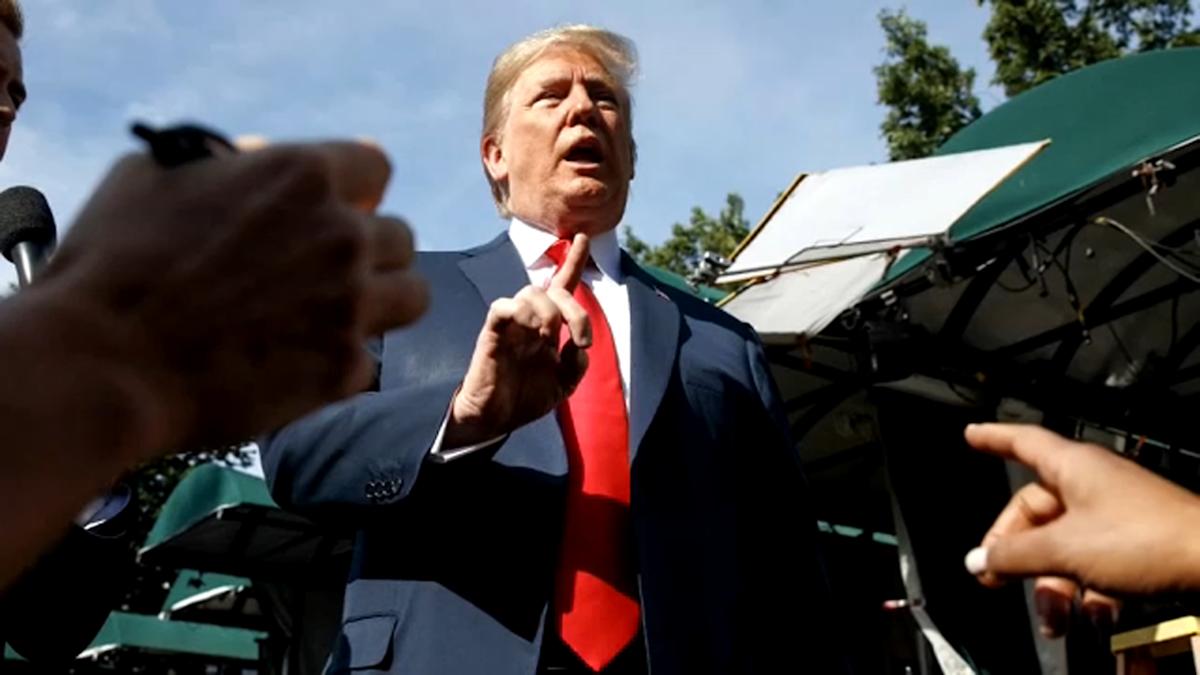 Supreme Court Hearing Trumps Obamacare Defense And Its Implications For Rfk Jr
Apr 22, 2025
Supreme Court Hearing Trumps Obamacare Defense And Its Implications For Rfk Jr
Apr 22, 2025 -
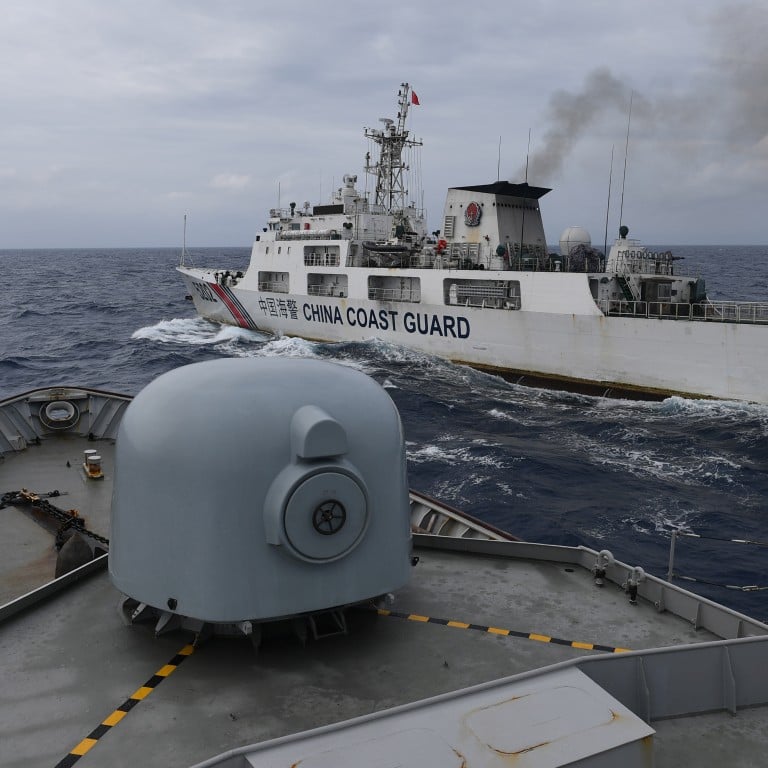 Enhanced Security Collaboration Between China And Indonesia
Apr 22, 2025
Enhanced Security Collaboration Between China And Indonesia
Apr 22, 2025
